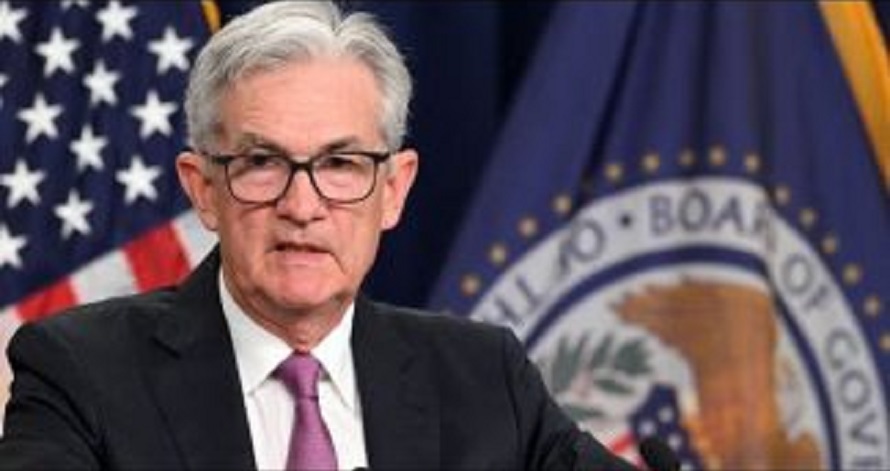Stockholm (AFP) – The US trio, including former Federal Reserve Chairman Ben Bernanke, who played a key role in fighting the 2008 financial crisis, won the Nobel economics prize on Monday for his research on banking in times of turmoil.
Bernanke, along with Douglas Diamond and Philip Dibwig, was honored for “significantly improving our understanding of the role of banks in the economy, particularly during financial crises, as well as how financial markets are regulated,” the jury said.
Bernanke, 68, is credited with spurring the recovery after the 2008 recession, and critics derided him for doing little to avoid it, allowing investment bank Lehman Brothers to collapse.
He received the award for his analysis, conducted in the early 1980s, of the Great Depression of the 1930s, the worst economic crisis in modern history.
In particular, Bernanke showed “how failed banks played a decisive role in the global depression,” making the downturn “not only profound, but also prolonged,” as the Nobel Committee noted.
The Nobel Committee said Bernanke, as head of the central bank, “was able to shift knowledge from research to policy” during the 2008-2009 financial crisis.
Bernanke has been praised for the Fed’s unconventional response to cutting interest rates and flooding the financial system with liquidity.
“I firmly believed that if that happened, it would bring down the rest of the economy,” he said at a news conference on Monday.
But Bernanke added that today’s situation is nothing like “extreme distress” 14 years ago, adding that banks are better prepared for the challenges now.
– The bank works –
Diamond, a University of Chicago professor born in 1953, and Dibvig, 67, a professor at Washington University in St. Louis, were honored for showing how banks “make the perfect solution” for channeling savings into investments by acting as intermediaries.
The couple also showed how these institutions were prone to the so-called bank run, in which a large number of savers withdraw their money simultaneously causing the bank to collapse.
The Nobel Prize Winners 2022
The commission added that this dangerous dynamic could be avoided by governments providing deposit insurance and giving banks a lifeline by becoming the lender of last resort.
“In short, the theory is that banks can be very useful, but they are sure to be stable only if they are properly regulated,” said Tori Ellingsen, chair of the prize committee.
Speaking to reporters after the announcement, Diamond on Monday reflected on the US authorities’ decision not to bail out Lehman Brothers, as they later did with other financial institutions.
The bank’s collapse sent shock waves through the financial markets when it filed for bankruptcy in September 2008.
“It would have been better to find a more convenient way, a way with less instability, and an unpredictable way to solve Lehman Brothers,” Diamond said, stressing that there are questions about what regulators can legally do.
“If they had found a way, I think the world would have experienced a less severe crisis than what happened,” Diamond said.
Asked about today’s economic problems, Devig told AFP he was “optimistic” as these do not necessarily indicate a financial crisis with a collapse in the banking sector.
– Few women –
Of all the Nobel Prizes, the Economics Prize has had the fewest women: only two since it was first awarded in 1969, Elinor Ostrom in 2009 and Esther Duflo in 2019.
This year, only two women were among the 12 individuals and two organizations honored, Caroline Bertozzi in chemistry and Annie Erno for literature.
Since scientific awards generally honor research going back decades, the prize winners “now reflect the shape of the scientific community at the time,” Hans Elgren, secretary general of the Royal Swedish Academy of Sciences, told AFP.
In the past five years, he said, four women have won a chemistry prize and two have won a physics prize, a field dominated by men.
The Economics Prize, established by the Swedish Central Bank in 1968, was the only prize not included when scientist Alfred Nobel created the most prestigious prizes in his will in 1895.
But like the other prizes, it comes with a gold medal and a prize amount of 10 million Swedish kronor (about $900,000).
The laureates will receive the award from King Carl XVI Gustaf at an official ceremony in Stockholm on December 10, the anniversary of the death of scientist Alfred Nobel in 1896.













































